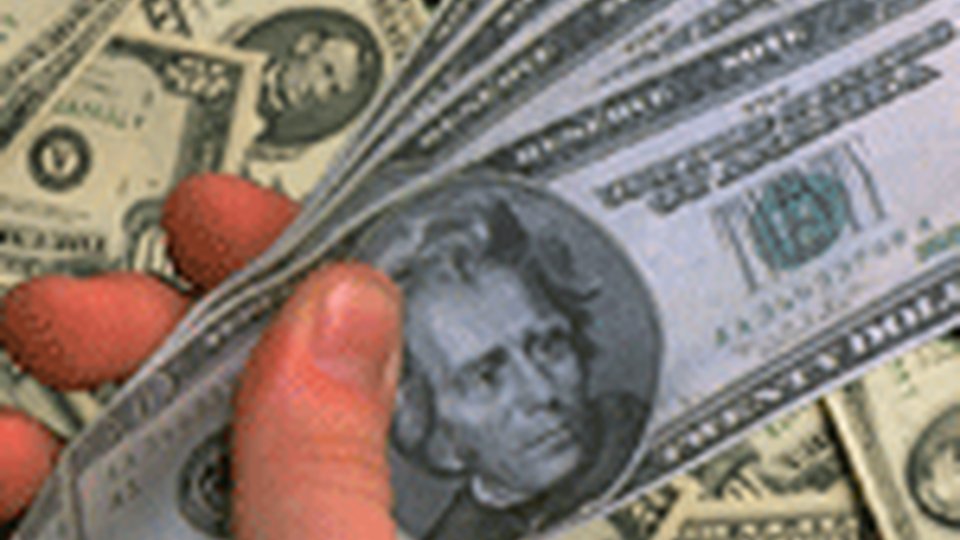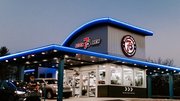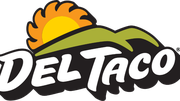Article
Minimum wage, maximum impact
With the Senate passing its own version of a bill to increase minimum wage, where the issue will land is anybody's guess.

January 29, 2007
Although a bill proposing to hike the minimum wage by 41 percent was passed in the Senate, the National Restaurant Association isn't slacking its opposition to the measure.
While outgoing NRA president Steven Anderson concedes that some sort of minimum wage increase is likely, to pass a wage hike without accompanying tax breaks for small businesses would be a disaster for the restaurant industry. Any bill without those offsets is unacceptable, he said.
The Senate approved the bill, the Fair Minimum Wage Act of 2007, on Feb. 1 after adding several tax breaks designed to offset the bill's impact on small business.
"We opposed the House bill because it didn't have the offsets for small business and restaurants," Anderson said. "We continue to oppose government-mandated increases in the minimum wage, but if it is going to increase, we want to make sure that those offsets are there for small business."
The House of Representatives passed its own version of the bill in January. The bill, which proposes to raise the federally mandated minimum wage by $2.10 — from $5.15 to $7.25 — over the next two years, would mandate the first increase in the minimum wage since 1996.
The House bill didn't include the offsets the NRA is seeking, however. Both the House and the Senate versions of the bill must be reconciled before going to the president's desk.
The Senate bill includes $8.3 billion in tax breaks designed to help small businesses cope with the effects of a minimum-wage hike. Proposed measures would allow small businesses to deduct $112,000 in new investments and would shorten the depreciation period for improvements to retail properties.
The bill also would extend for five years the Work Opportunity Tax Credit, a credit for small businesses that hire low-income or disadvantaged workers.
House Democrats had pushed for a bill without the tax breaks. President Bush has said he wouldn't sign a minimum-wage bill unless it included tax breaks for small business and restaurants.
Despite the efforts of the NRA and others, "We still have a lot of work to do," Anderson said.
Higher wages could chill hiring
According to the Economic Policy Institute, a labor-supported research group, increasing the minimum wage would directly impact 6.6 million workers currently earning $5.15 an hour. An additional 8.3 million workers earning slightly more than the minimum wage would be affected as well, the EPI said.
However, restaurant industry officials say hiking the minimum wage would dissuade businesses from hiring entry-level workers and increase unemployment.
"Many small businesses operate on thin profit margins," said Matthew Shay, president of the Washington, D.C.-based franchising trade group, the International Franchise Association. "A 41 percent increase in the starting wage will force difficult staffing and pricing decisions for franchised businesses, which may ultimately force them to close their doors permanently."
A survey conducted by the National Restaurant Association found that when the minimum wage was raised in 1996, restaurant operators cut 146,000 jobs from their payrolls and postponed plans to hire more than 100,000 employees.
The total employment impact of the wage hike was 252,000 jobs in the restaurant industry, according to NRA figures.
Some operators, however, predict a minimum wage increase would have little impact on their businesses. Many already are paying wages higher than the minimum in order to attract the best workers.
"I want quality people working for me, so I'm willing to give them a higher wage," said Mary Wallace, owner of Order's Up, a fast-casual restaurant in Louisville, Ky. Wallace starts new employees at around $8 an hour.
"A lot of times, though, you can't find anybody at $8," Wallace said. "My employees can't live on that."
| From Podcast Grill (story continues below)... | ||
NRA 2007 Restaurant Industry Forecast  The National Restaurant Association profiles the restaurant industry as it heads for its 16th consecutive year of real growth. Sales expected to reach $537 billion at a record 935,000 locations in '07. Don't miss out on this opportunity to tune into the future of the restaurant industry for 2007. The National Restaurant Association profiles the restaurant industry as it heads for its 16th consecutive year of real growth. Sales expected to reach $537 billion at a record 935,000 locations in '07. Don't miss out on this opportunity to tune into the future of the restaurant industry for 2007. | This episode sponsored by  The restaurant industry's Smart Self-service companyListen to more episodes www.podcastgrill.com The restaurant industry's Smart Self-service companyListen to more episodes www.podcastgrill.com | |
| If you cannot hear the audio please click hereto download the latest media player from Microsoft. | ||
A silver lining
Not everyone is seeing doom and gloom if the minimum-wage bill is passed. Businesses offering self-service technology are hoping for a boost as restaurants seek to replace unskilled workers with devices such as self-service order pads.
Van Nuys, Calif.-based uWink debuted its first uWink Media Bistro in Los Angeles in October. The company plans to begin a nationwide expansion in 2007.
The concept, developed by Chuck E. Cheese founder Nolan Bushnell, features touchscreen ordering pads at customer tables. The pads also function as video-game consoles.
Calvin Watkins, manager of Baltimore-based Chosen Media Inc., sees the minimum-wage increase as the first step in pushing restaurants down the path followed by banks, where customers interact with technology more than people. Chosen Media sells touchscreen technology similar to that used by uWink.
According to Watkins' calculations, a typical 40-table restaurant requires one server for every four tables, or 10 servers per shift. Adoption of touchscreen technology could cut that number down to one person for every 10 tables, or two servers per shift.
Those two people would mainly function as food runners, Watkins said.
In its 2007 forecast, the NRA named self-service technology its No. 2 trend to watch for full-service restaurants. Presently, only about 3 percent of fast-casual operators and 4 percent of fine-dining restaurants offer self-service technology, according to the forecast.
Adoption of self-service technology isn't a matter of if, but a matter of when, Watkins said.












